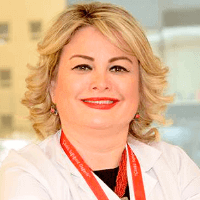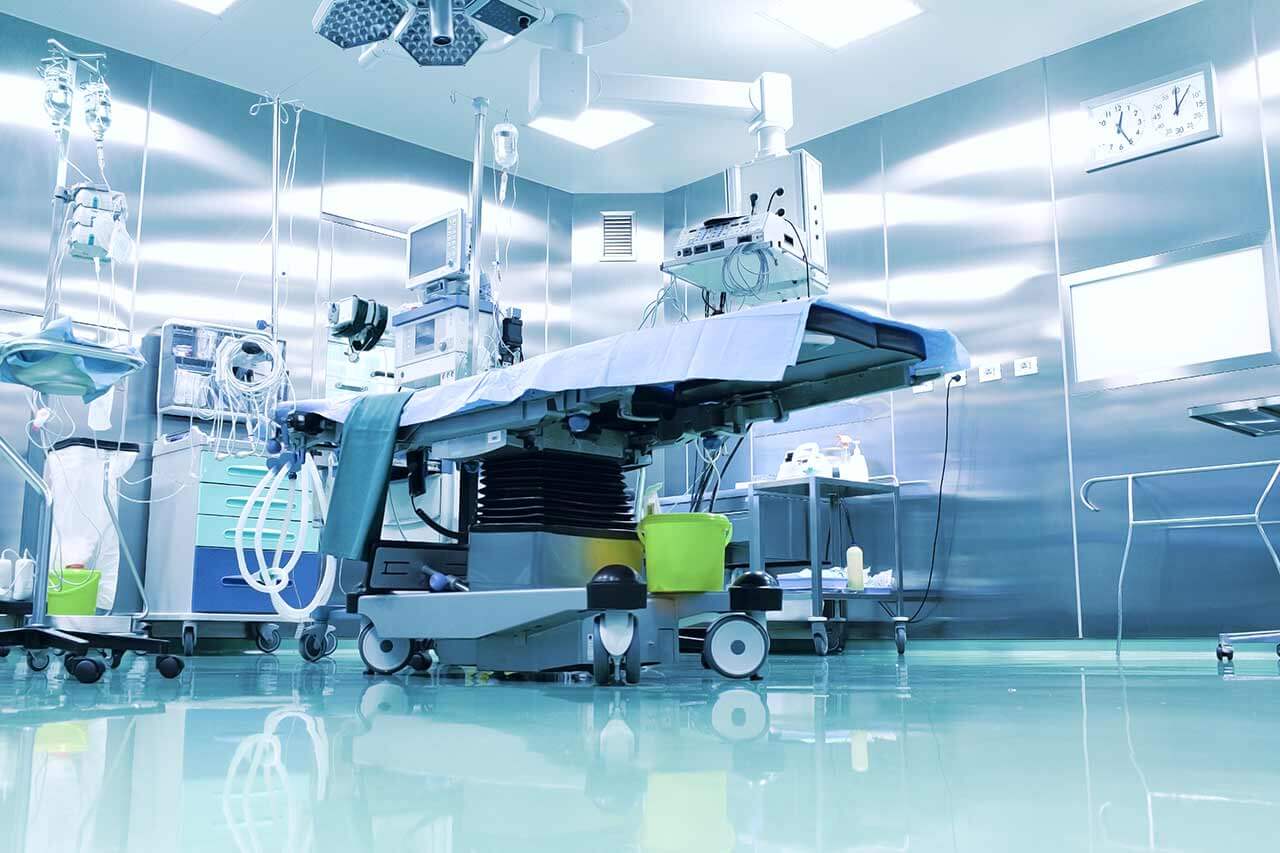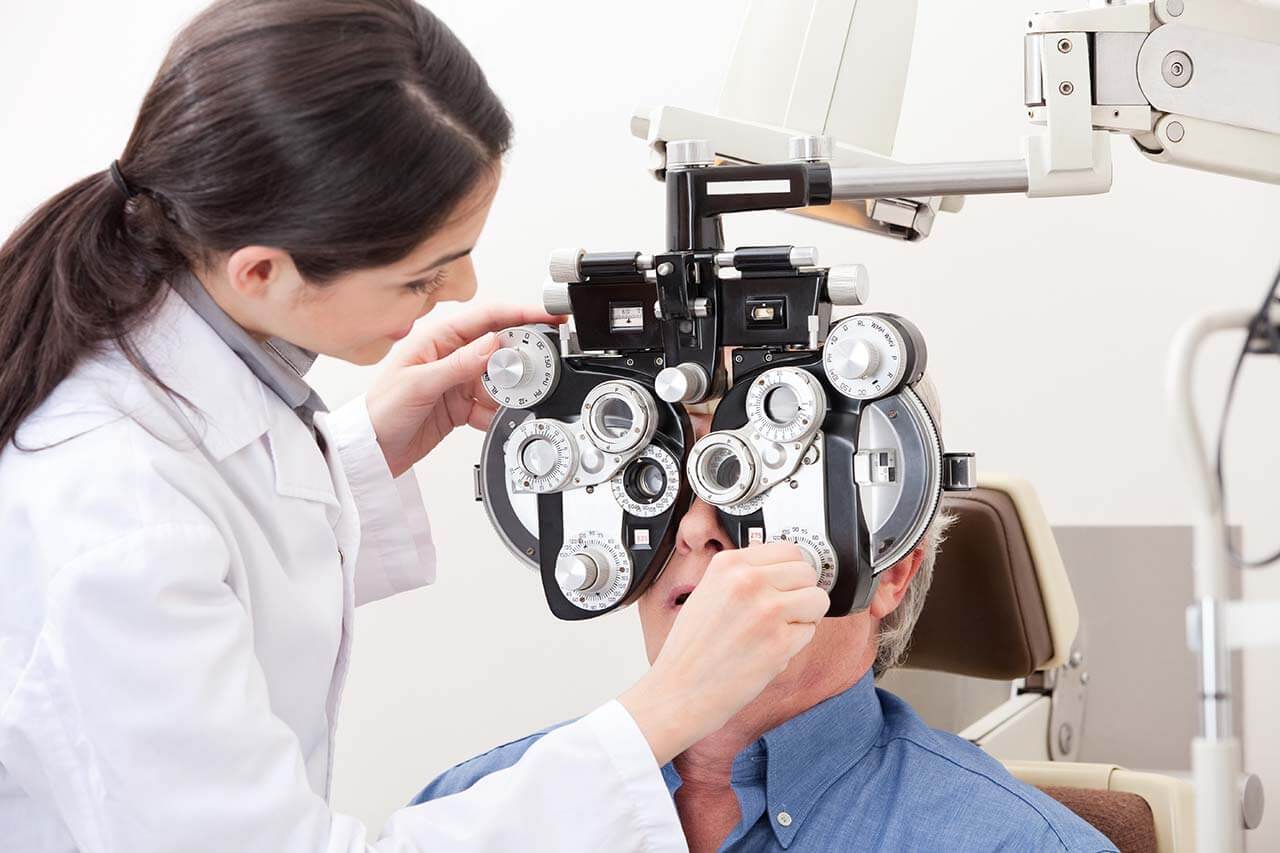
The program includes:
- Initial presentation in the clinic
- case history collection
- general clinical examination
- laboratory tests:
- complete blood count
- biochemical analysis of blood
- TSH-basal, fT3, fT4
- differential blood count
- inflammation indicators (CRP, ESR)
- indicators of blood coagulation
- CT/MRI scans of the whole body
- needle biopsy of the bone marrow
- biopsy and histological examination of CSF
- examination by experts of:
- cardiology
- otolaryngology
- immunology
- ophthalmology
- registration in the European bone marrow donor base
- conducting high-dose chemotherapy
- allogeneic bone marrow transplantation from
unrelated donor - the cost of blood products
- isolation by neutropenic precautions
- symptomatic treatment
- control examinations
- the cost of essential medicines and materials
- nursing services
- full hospital accommodation
- explanation of future recommendations
How program is carried out
During the first visit, the doctor will conduct a clinical examination and go through the results of the available diagnostic tests. After that, you will undergo the necessary additional examination, such as the assessment of liver and kidney function, ultrasound scan, CT scan and MRI.
Also, the doctor will conduct a bone marrow biopsy followed by cytological examination of the harvested material. This will help him to determine the histological features of your bone marrow (in particular, identify HLA system antigens) and select a suitable donor. The donor can be a family member or a person from the bone marrow registry. In the second case, the donor material is stored in a bone marrow bank.
Before the procedure, you will receive chemotherapy, if necessary in combination with radiation therapy. The course of chemo- or chemoradiation therapy lasts from 2 to 8 days.
The bone marrow transplant procedure is an intravenous infusion, i.e. the healthy bone marrow will be injected through a catheter, intravenously. You will stay in your room during the procedure. A bone marrow transplant is completely painless and does not require anesthesia.
During the period of healthy bone marrow engraftment, you will stay in a sterile ward. This is a necessary precaution because during this time your immune system is very weak and cannot withstand environmental pathogens. The risk of bleeding is also quite high, so you will be advised to avoid mechanical damage.
A relative or other close person may stay in the ward with you. You will not be allowed to go outside the department and leave your ward often. The rehabilitation period can last from 1 to 2 months.
When your complete blood count returns to normal, your doctor will schedule your discharge from the department. You will receive information about the rules that you will need to follow at home, the frequency and type of control examinations, and subsequent treatment measures. You will also receive a detailed medical report, which will reflect the entire course of treatment.
Required documents
- Medical records
- MRI/CT scan (not older than 3 months)
- Bone marrow biopsy results (if available)
Service
You may also book:
 BookingHealth Price from:
BookingHealth Price from:
About the department
The Department of Hematology and Bone Marrow Transplantation at the Memorial Sisli Hospital Istanbul offers the full range of medical services for patients with benign and malignant diseases of the blood and hematopoietic system. In addition, the department is the leading highly specialized Turkish medical facility in the field of bone marrow transplantation. This procedure is indicated for patients with leukemia, lymphoma, multiple myeloma and aplastic anemia. The Section for Bone Marrow Transplantation meets all the current standards of modern medicine, as well as the criteria of the European JACIE organization, which accredits hospitals specializing in this procedure. The patients with blood malignancies receive the most effective chemotherapy regimens, which allow the doctors to achieve brilliant therapeutic results even in especially complex clinical cases. The department's doctors also successfully perform apheresis procedures. The department is headed by Assoc. Prof. Dr. med. Sebnem Izmir Guner.
The highly professional medical team with excellent training in the area of their specialization and exceptional clinical experience takes care of the health of patients with diseases of the hematopoietic system. The department's hematologists use in their daily practice progressive technological base and effective latest generation medicines for the accurate diagnostics and successful treatment of diseases of their profile. The comprehensive approach to the treatment of each problem in hematology or hematologic oncology also plays an important role in achieving a successful therapeutic result.
The priorities of the department's work include the treatment of lymphomas (Hodgkin's lymphomas and non-Hodgkin's lymphomas), multiple myeloma, acute and chronic leukemia. The optimal treatment methods for these pathologies are chemotherapy and bone marrow transplantation. Antibody therapy, targeted therapy and radiation therapy can also be carried out. When prescribing chemotherapy, the doctors aim to destroy malignant cells in the human body by means of the latest cytotoxic drugs. Bone marrow transplantation serves for normalization of the production of blood cells and, accordingly, restoration of the normal hematopoiesis.
The department specializes in both autologous bone marrow transplantation, which involves the extraction of stem cells from the patient's own bone marrow and their repeated transfer after the necessary processing, as well as allogeneic transplantation, which involves the use of donor material (obtained from related and unrelated donors). The department's doctors actively use advanced treatment methods in their work, and bone marrow transplantation is no exception. This procedure is performed without any surgical manipulations. The donor material is obtained using apheresis, while the transplantation itself is carried out through the vascular access. Bone marrow cells have special biological properties, thanks to which they independently enter the bone marrow and begin to produce blood there. The main task of the doctor is to monitor the patient at the stage of activation of the transplanted bone marrow cells. During this period, the patient is at risk of developing infectious processes, anemia and haemorrhage. The primary purpose of the specialist is to prevent bone marrow rejection. A good technical infrastructure and strict hygiene standards are decisive factors in the success of the procedure. The department's specialists have all the necessary resources for high-quality bone marrow transplantation and regularly demonstrate high treatment success rates, which the leading clinics in developed countries can envy.
The main clinical focuses of the department include:
- Diagnostics and treatment of malignancies of the hematopoietic system
- Hodgkin's lymphoma
- Non-Hodgkin’s lymphomas
- Multiple myeloma
- Acute myeloid leukemia (AML)
- Acute lymphocytic leukemia (ALL)
- Chronic lymphocytic leukemia (CLL)
- Chronic myeloid leukemia (CML)
- Myelodysplastic syndromes (MDS)
- Myeloproliferative disorders
- Diagnostics and treatment of benign hematopoietic diseases
- Acquired and hereditary anemias
- Thalassemia
- Haemophilia
- Von Willebrand disease
- Blood-clotting disorders (coagulopathies)
- Diagnostics and treatment of other hematological pathologies
Curriculum vitae
Professional Career
- Since 2019 Head of the Department of Hematology and Bone Marrow Transplantation at the Memorial Sisli Hospital Istanbul, Istanbul, Turkey.
- 2016 - 2018 Founder and Chief Physician, Department of Hematology with Bone Marrow Transplantation Center and Apheresis Center, Şişli Kolan International Hospital, Istanbul, Turkey.
- 2010 - 2016 Founder and Chief Physician, Department of Hematology with Bone Marrow Transplant Center and Apheresis Center, Medical Park Bahcelievler Hospital, Istanbul, Turkey.
- 2006 - 2010 Founder and Chief Physician, Department of Hematology, Istanbul Training and Research Hospital, Istanbul, Turkey.
- 2000 - 2003 Specialist in Internal Medicine, Istanbul Training and Research Hospital, Istanbul, Turkey.
Higher Education and Professional Career
- 2006 - 2009 Master in Management, Institute of Health Sciences, Marmara University, Istanbul, Turkey.
- 2003 - 2006 Specialized training in Hematology, Cerrahpaşa Faculty of Medicine, Istanbul University, Istanbul, Turkey.
- 1995 - 2000 Training in Internal Medicine, Cerrahpaşa Faculty of Medicine, Istanbul University, Istanbul, Turkey.
- 1987 - 1993 Study of Human Medicine, Faculty of Medicine at the Istanbul University, Istanbul, Turkey.
Awards and Honors
- February 2016 Incentive Poster Award, Hematologic Oncology and Bone Marrow Transplantation Symposium.
- September 2014 Incentive Poster Award, 9th National Apheresis Congress.
- September 2006 Industry Award of the Turkish Society of Hematology (Roche Non-Hodgkin Lymphoma Award), 32nd National Congress of Hematology.
Memberships in Professional Societies
- Turkish Society of Hematology.
- Turkish Society of Apheresis.
- Turkish Society of Gastroenterology.
- Turkish Association for the Study of the Liver.
- Turkish Association of Internists.
- Turkish Medical Association.
Photo of the doctor: (c) Memorial Şişli Hospital
About hospital
The Memorial Sisli Hospital Istanbul is the largest and leading medical complex in Turkey, which meets the highest standards of medical care when providing the advanced diagnostics and treatment using the very latest methods. The hospital is part of the Memorial Health Group – it was the first project of this provider of medical services. The medical center opened its doors to the first patient in 2000. The hospital became the first in Turkey and the twenty-first in the world holder of the JCI (Joint Commission International) accreditation certificate. Only the best and the most reputable hospitals in the world medical arena can receive this certificate.
The hospital has 292 beds for patient hospitalization. The surgical treatment is performed in 13 high-tech operating rooms. The medical complex also has 4 intensive care units, 3 state-of-the-art laboratories, specialized centers, including the In Vitro Fertilization Center, the Transplant Center, the Center for Genetic Diseases, the Bone Marrow Transplant Center, the Robotic Surgery Center, the Cancer Center and others.
The hospital has achieved particular success and international recognition in such medical fields as ophthalmology, reproductive medicine, plastic surgery, cardiology and cardiac surgery, transplantology, genetics. The highly qualified doctors who have undergone professional training in the best hospitals in Turkey, Europe and the USA take care of the patients' health. The specialists have a tremendous clinical experience and thousands of saved lives.
It is worth noting that the medical complex has earned a strong reputation not only in Turkey, but also at the international level – the hospital holds consultations, provides diagnostics and treatment for patients from 92 countries.
Image: (c) depositphotos
Accommodation in hospital
Patients rooms
The patients of the Memorial Sisli Hospital Istanbul live in comfortable single or double rooms with all the necessary amenities. The patient rooms are made in a modern design. The standard patient room includes an automatically adjustable bed, a bedside table, a wardrobe for storing personal belongings, a telephone and a TV. Each patient room also has an ensuite bathroom with shower and toilet. The patient rooms have Wi-Fi.
Meals and Menus
The patient and the accompanying person are offered tasty and balanced three meals a day. If for some reason you do not eat all foods, you will be offered an individual menu. Please inform the medical staff about your food preferences prior to treatment.
Further details
Standard rooms include:
Accompanying person
During the inpatient program, the accompanying person can live with the patient in a patient room or a hotel of his choice. Our managers will help you choose the most suitable option.
Hotel
During an outpatient program, the patient can stay at the hotel of his choice. If desired, the patient can stay in a five-star hotel on the territory of the hospital. Our managers will help you choose the most suitable option.




